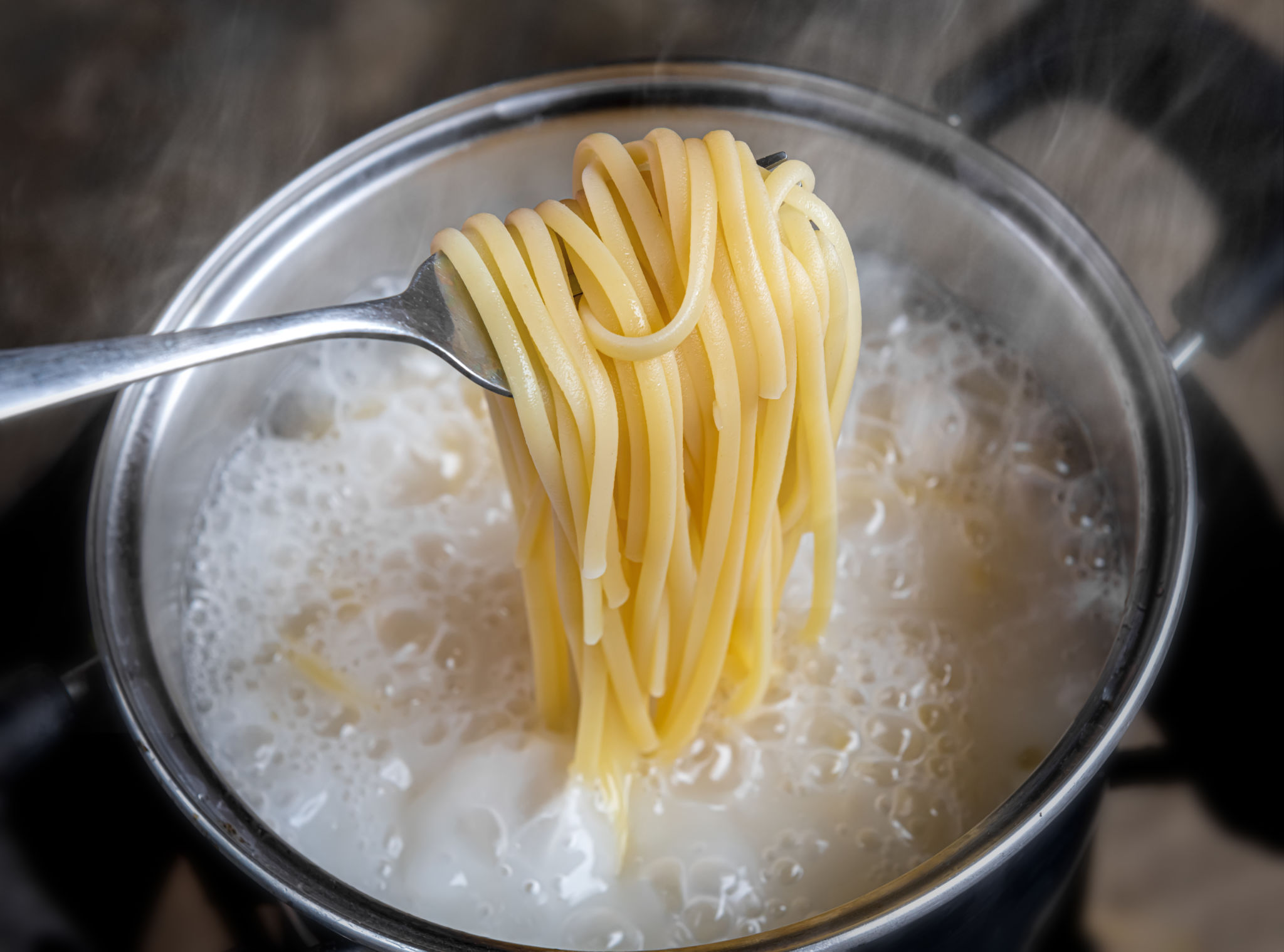Debunking Common Pasta Myths: Separating Fact from Fiction
The Myth of Rinsing Pasta
One of the most persistent myths surrounding pasta is the idea that you should rinse it after cooking. Many people believe that rinsing pasta removes excess starch and keeps it from sticking together. However, this practice can actually do more harm than good.
Rinsing pasta washes away the starch that helps sauces adhere to the noodles, diminishing the overall flavor of your dish. Instead, simply drain the pasta and toss it with your sauce right away. By doing this, you'll ensure a more cohesive and flavorful meal.

Adding Oil to Boiling Water
Another common misconception is that adding oil to your pasta water will prevent the noodles from sticking together. While it might seem logical, this method is not effective and can even hinder your sauce's ability to cling to the pasta.
The key to preventing pasta from sticking is to use plenty of water and stir the noodles occasionally as they cook. This will ensure that each piece is cooked evenly and remains separate without the need for oil.
The Truth About Al Dente
Many pasta enthusiasts strive for the perfect al dente texture, but there's a lot of confusion about what this actually means. Al dente translates to "to the tooth" in Italian, indicating that the pasta should offer a slight resistance when bitten.
Cooking pasta al dente not only provides a better texture but also makes it more digestible. To achieve this, follow the cooking time on your pasta package as a guideline and taste-test a noodle a minute or two before it's done. This way, you can ensure it's cooked to perfection.

Whole Wheat vs. Regular Pasta
There's a common belief that whole wheat pasta is inherently healthier than regular pasta. While whole wheat varieties do offer more fiber and nutrients, it's important to consider your personal dietary needs and preferences.
Both types of pasta can be part of a balanced diet when enjoyed in moderation. The key is to pair them with nutritious sauces and ingredients to create a well-rounded meal. Don't be afraid to experiment with different types of pasta to find what works best for you.
The Role of Salt in Pasta Water
Some home cooks skip adding salt to their pasta water, thinking it's unnecessary or unhealthy. However, salting your water is crucial for enhancing the flavor of your dish. The salt infuses the pasta as it cooks, providing an essential taste boost.
As a rule of thumb, you should add about one tablespoon of salt per gallon of water. This will ensure that your pasta has the right amount of seasoning without being overly salty.

The Myth of Fresh Pasta Being Superior
Many people are under the impression that fresh pasta is always superior to dried pasta. While fresh pasta has its merits, particularly for delicate dishes, dried pasta can be equally delicious and satisfying.
Dried pasta is often better suited for heartier sauces, as its firmer texture holds up well under complex flavors. Ultimately, both fresh and dried pastas have their place in the kitchen, and choosing between them depends on the type of dish you're preparing.
Pasta Expiration Dates
A common misconception is that pasta must be thrown away once it reaches its expiration date. In reality, dry pasta can last for years if stored properly in a cool, dry place. The expiration date is more of a guideline for optimal freshness rather than a strict cutoff.
If you're unsure about your pasta's freshness, check for any unusual odors or discoloration before cooking. As long as it looks and smells normal, your pasta should be safe to eat.
